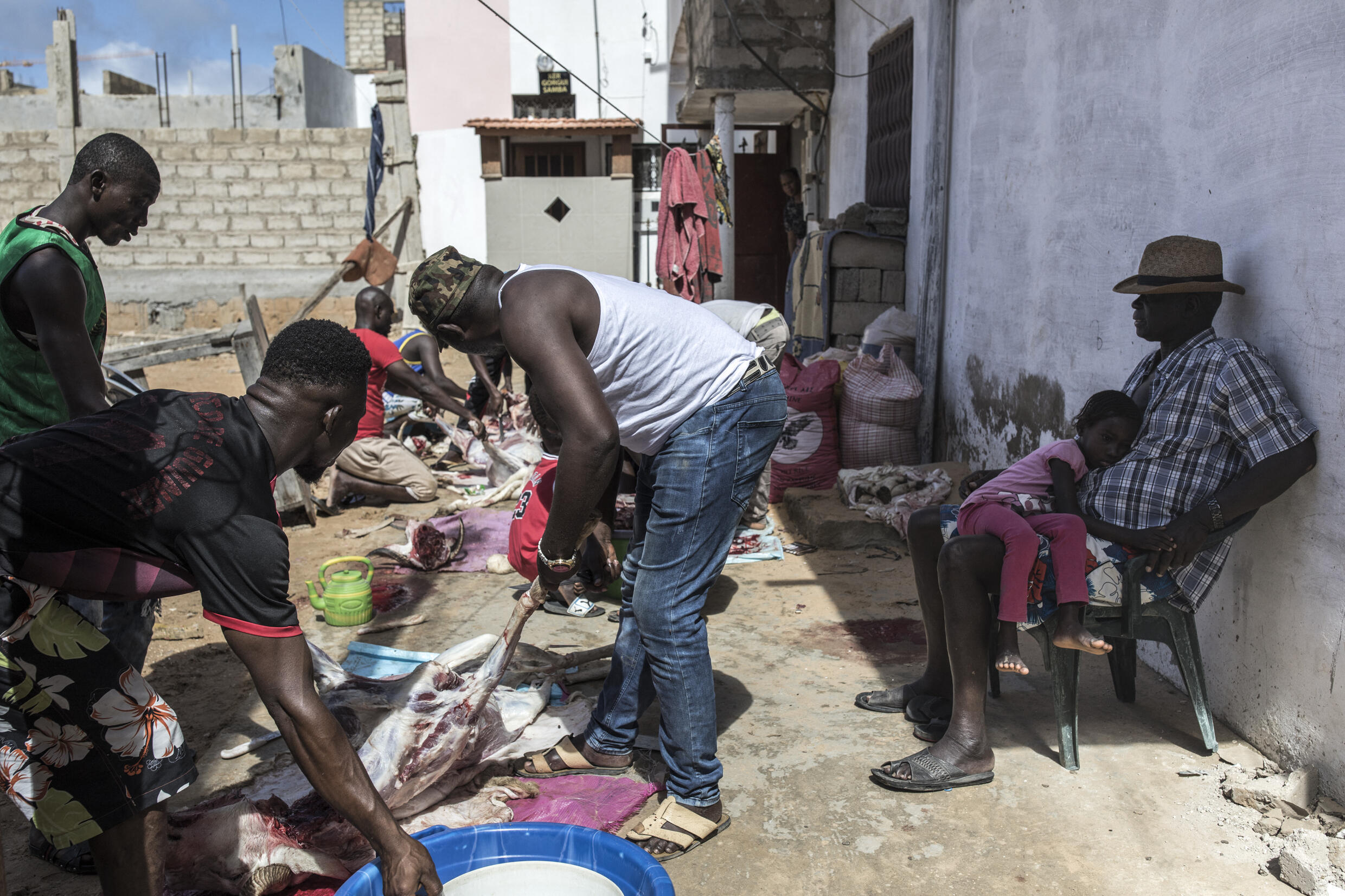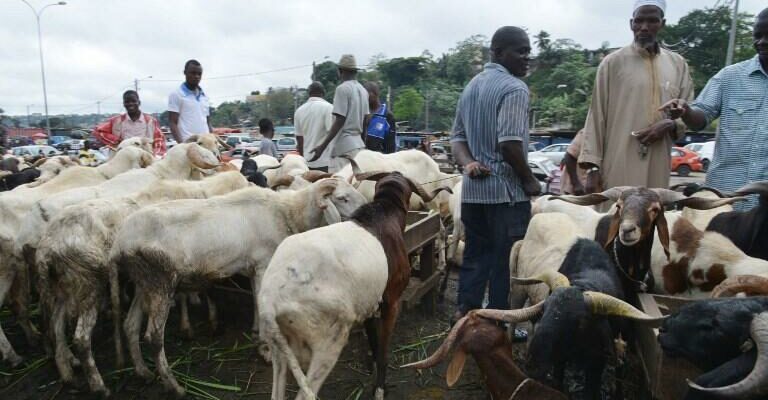Senegalese Muslims celebrated Tabaski on Monday June 17. The roundabouts and vacant lots where the sheep sellers have set up shop for several weeks are gradually emptying out. And for some it will be necessary to leave with a lot of unsold animals, sometimes to the other side of the country.
2 mins
with our correspondent in Dakar, Juliette Dubois
Djibril Oumar Tall loads his unsold sheep into a large truck. He came from Fouta, in the north of the country, like most of the breeders installed next to the large friendship stadium in Dakar. Business hasn’t been good for this tabaski. “ It doesn’t work well. We didn’t sell many sheep. I made no profit, quite the contrary. »
Ousmane Dia arrived a week ago with 320 sheep. He has 201 left on his hands. “ On the way out, I paid 600 thousand CFA francs for transport to transport them to Dakar. As for the return, I don’t know yet. I risk paying between 700 thousand and 750 thousand CFA francs to bring the sheep home. And if we are unable to repay the livestock feed debts, once we return home, we will be forced to sell some of our cows to be able to repay them. »
It costs almost 1000 euros to charter a bus and travel more than 500 km. Significant costs that this other breeder would like to limit: “ For the moment, I am not yet returning to Ndioum with the cattle. I’m going to go to the livestock shows instead. Surely there, I would sell a few more. »
More than 800,000 sheep are sacrificed each year in Senegal for the tabaski.
Read alsoSenegal: Tabaski celebrated this Monday against a backdrop of peaceful climate and inflation

